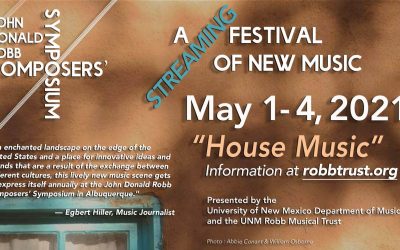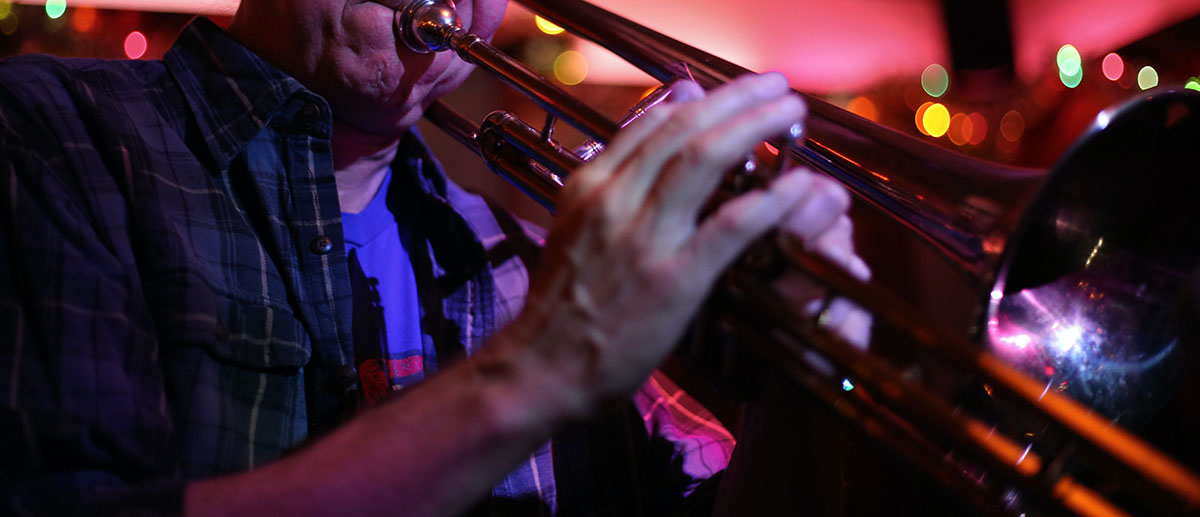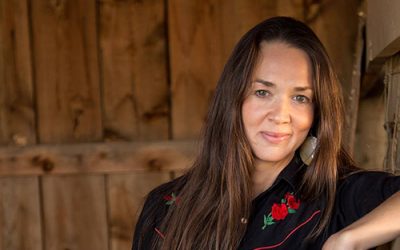Heterophony: Texture, Technique, and Social Commentary
March 7, 2019
2:00 – 3:30 p.m.
Keller Hall, Center for the Arts
Talk Description: This lecture is in two parts: the first draws from my research on the 1960s jazz avant-garde and musicians’ interests in heterophonic musical textures. I show how heterophony, technique and texture, satisfied a joint aesthetic and social/political goal for musicians and audiences. The parallels between textural and ethnic/racial difference in improvisatory experimentalism, are where aesthetics and social relations become intertwined.
For the second part, I perform original music that utilizes heterophony and “noise” in a solo electronic and improvised format. This performance segment is my own creative response to the historical precedents that I outline in the previous segment.
Biography: Kwami Coleman, Ph.D., is an assistant professor of musicology at the Gallatin School on individualized Study at New York University. His work is focused on improvised music, aesthetics, historiography, identity, and political economy. Kwami is also a pianist and composer, and released a recording called Local Music in 2017 of original music for trio plus field recordings captured in his home neighborhood, Harlem. His current book project is titled Change: The “New Thing” and Modern Jazz.
THE JOHN DONALD ROBB COMPOSERS’ SYMPOSIUM 2021 “HOUSE MUSIC”
THE JOHN DONALD ROBB COMPOSERS’ SYMPOSIUM 2021 “HOUSE MUSIC”STREAMING FESTIVAL OF NEW MUSIC May 1 – May 45 – 8:30 PM Since 1972, the internationally renowned symposium has brought composers and musicians from around the world to UNM for a series of public concerts and...
Dr. Karl Hinterbichler receives the Ken Hanlon Award from International Trombone Association
Dr. Karl Hinterbichler receives the Ken Hanlon Award from International Trombone Association The Kenneth Hanlon Award recognizes an individual that contributes greatly to the InternationalTrombone Association (ITA) and the trombone world with a spirit of generosity...
Dr. Kristina Jacobsen wins award for an article
Dr. Kristina Jacobsen wins award for an article The article ‘Don’t Even Talk to Me if You’re Kinya’áanii [Towering House]’: Adopted Clans, Kinship, and ‘Blood’ in Navajo Country” was awarded “the most thought-provoking article in Native American and Indigenous Studies...



